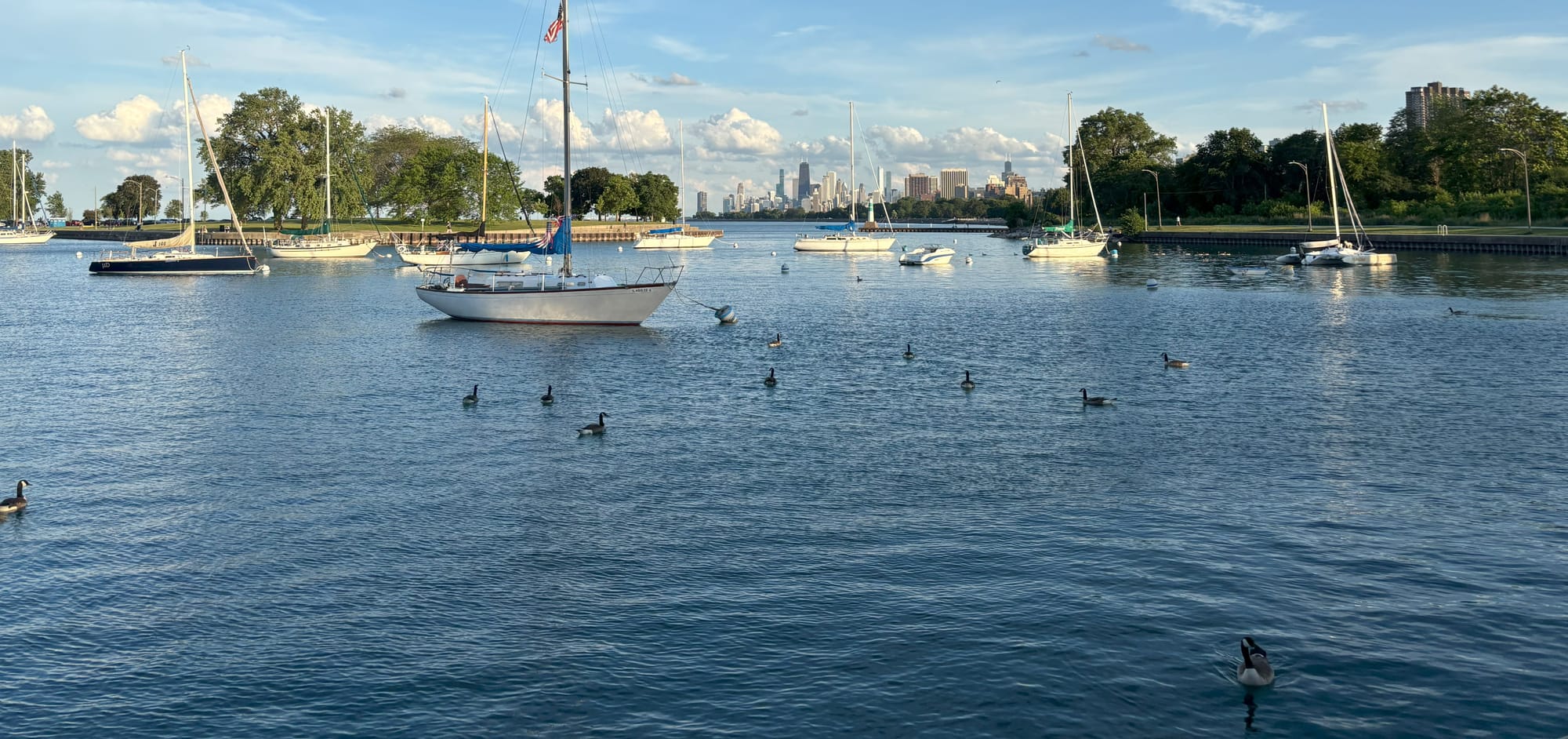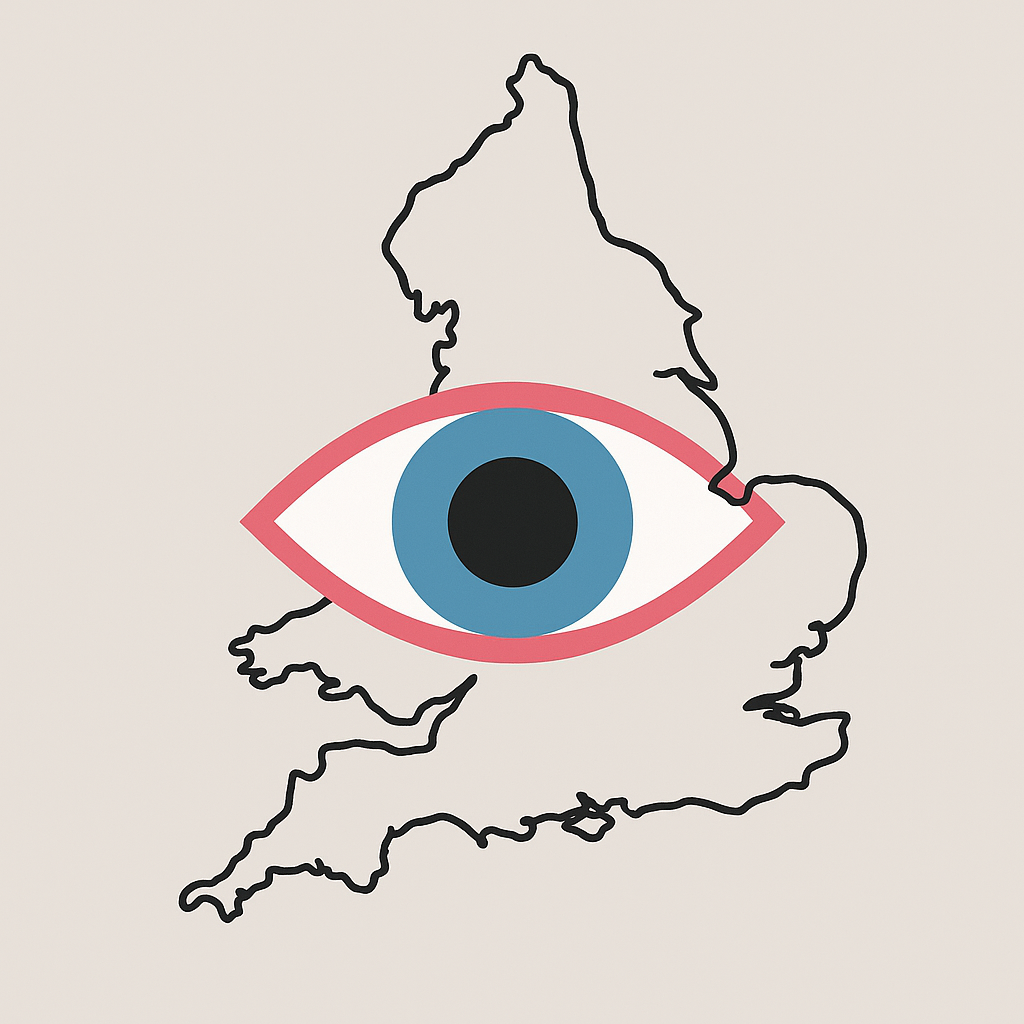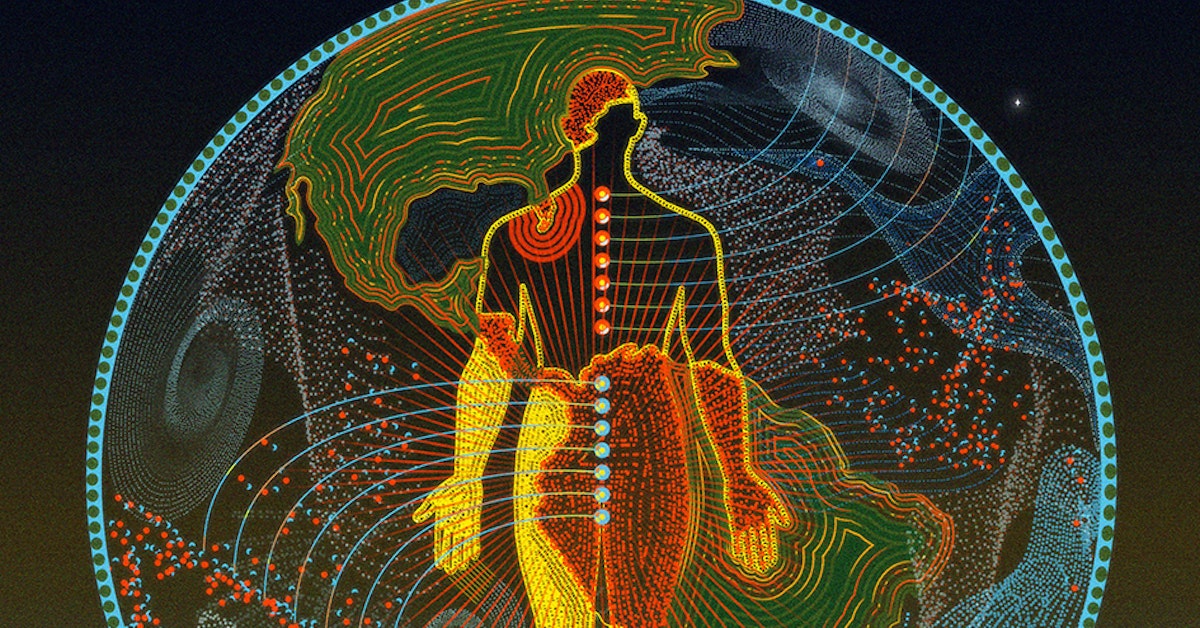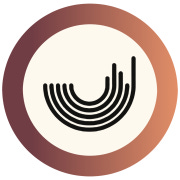Recent-ish Reads, July 12, 2025
Process-relational politics, brains, and Making Earth Healthy Again: more articles that prove this blog's point.

We're all always applying some metaphysics, generally somewhere along the spectrum from separating and essentializing map-metaphysics to integrative and contextual process-relational metaphysics. Often, it takes some looking to find the metaphysics at play. Sometimes, it bubbles up to the surface. Here are a few more examples of practical comparative metaphysics and process-relationality in action.
Indigenous Process-Relationality: I've mentioned in a few posts how process-relational understandings of things are common among diverse Indigenous groups around the globe, and Euro-Western substantialist map-metaphysics is the world-historical outlier in addition to being contrary to modern science. Here's an interview with Amy Parent, a member of the Nisga’a Nation in British Colombia who was recently named Co-chair for Transforming Indigenous Knowledge Research Governance and Rematriation by UNESCO (the United Nations Educational, Scientific and Cultural Organization), bearing on that massively important fact. She talks about how relational systems practiced across generations are embedded in Indigenous languages: "When we look at Indigenous knowledge systems, everything’s connected," Parent said. "Language is connected to land, land is connected with language, it’s connected to thinking, it’s connected to health. It’s connected to how we learn. And so when we start damaging one, we damage everything."

Relationality as Political Skill: A three-fer on this hot topic!
Matthew Green of the anti-misinformation news organization DeSmog interviews environmental psychologist Dr. Renée Lertzman, who "has dedicated her career to developing new ways to equip leaders with the kinds of relational and emotional skills needed to address what she sees as the core block to climate action: a failure to work with the deep layers of collective anxiety, fear, grief and shame around the harm that’s being done to the natural world." Her examples of moving beyond the "yell, tell and sell" approach to work effectively, relationally and with process-awareness, with conservatives on climate are thought-provoking and challenging. (This interview is unfortunately hosted by Substack, but you can also read a related article by Dr. Lertzman from earlier this year here.)

From across the pond, author James Plunkett (End State: 9 Ways Society is Broken - and how we can fix it) describes how we might start to close the gap between our economic needs and our outdated governance paradigm through radically place-based approaches. With vivid examples from a summit on U.K. child poverty, Plunkett argues that such approaches enable distributed, relational intelligence to address complex problems in more dexterous and enduring ways than the top-down, bureaucratic, map-metaphysics mode of "seeing like a state." For extra inspiration, combine this with john a. powell's concept of targeted universalism. (Also available on Substack.)

Finally, here's a lovely piece from independent journalist Shane Burley on radical, strategic solidarity across difference. In the context of ICE defense, he describes how people are increasingly organizing to build localized yet interconnected solutions in the face of fascism. His final, provocative point is that "There is a dialectic of the dire we should acknowledge: the worse things get, the more possibilities remain."
The Implicit Map-Metaphysics of Determinism: In a satisfyingly critical review of neuroscientist Robert Sapolsky's Determined: A Science of Life Without Free Will, Stanford history professor Jessica Riskin demolishes the book's flimsy arguments against living beings having agency or meaning. "[T]he many factors influencing behavior, Sapolsky thinks, place the burden of proof on defenders of human agency. It’s they who need to show that neurons are 'completely uninfluenced' by any external factors and that 'some behavior just happened out of thin air.' But why must human behavior be either deterministic or impervious to any influence? Sapolsky doesn’t explain; he takes as given that to show any influence at all is to show a determining influence." Riskin uses history to show how Sapolsky's mechanistic determinism originates from monotheistic, anthropocentric (and I might add patriarchal) metaphysical dogmas. Consciousness and free will are emergent, relational processes that can't be addressed within the hidden assumptions of the separating and simplifying map-metaphysics that underlies conventional reductionist science and promotes binaries like Sapolsky's. That's not remotely the same as saying "the science of human behavior" disproves free will. (Archive link - no paywall)

Left-Brained versus Right-Brained Metaphysics: More cool neuroscience. British psychiatrist, philosopher, and neuroscientist Iain McGilchrist has a fascinating essay summarizing his work in the Cambridge Journal of Law, Politics and Art, adapted from an earlier lecture. I wrote about McGilchrist's book on the brain hemispheres' respective realities The Master and His Emissary, in a critical but appreciative blog post here that I think you should check out too!

Process-Relational Health: "As planetary systems buckle under the cumulative weight of industrial modernity, the [dominant, individualistic] pathogenic focus reveals itself as insufficient, a form of myopia in an age demanding panoramic vision. The cascading crises of the Anthropocene aren’t merely inconvenient background noise — they are becoming the foundational context that dictates the terms of human existence and demands a radical rethinking of well-being itself. ... What if the most salient factors shaping health today lie not within the atomized individual or even their immediate social milieu, but in the fractured, volatile relationship between our species and the Earth system itself?" This one's so very on-point, I may dedicate a future blog post to it, but I strongly recommend reading the original. Make Earth Healthy Again!






